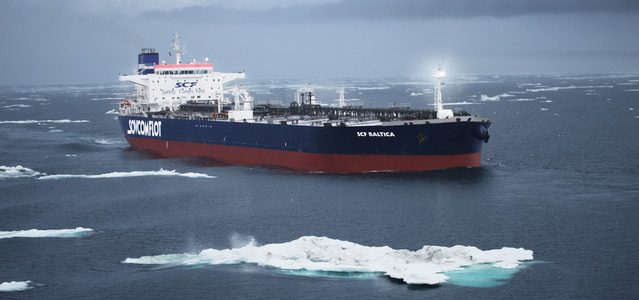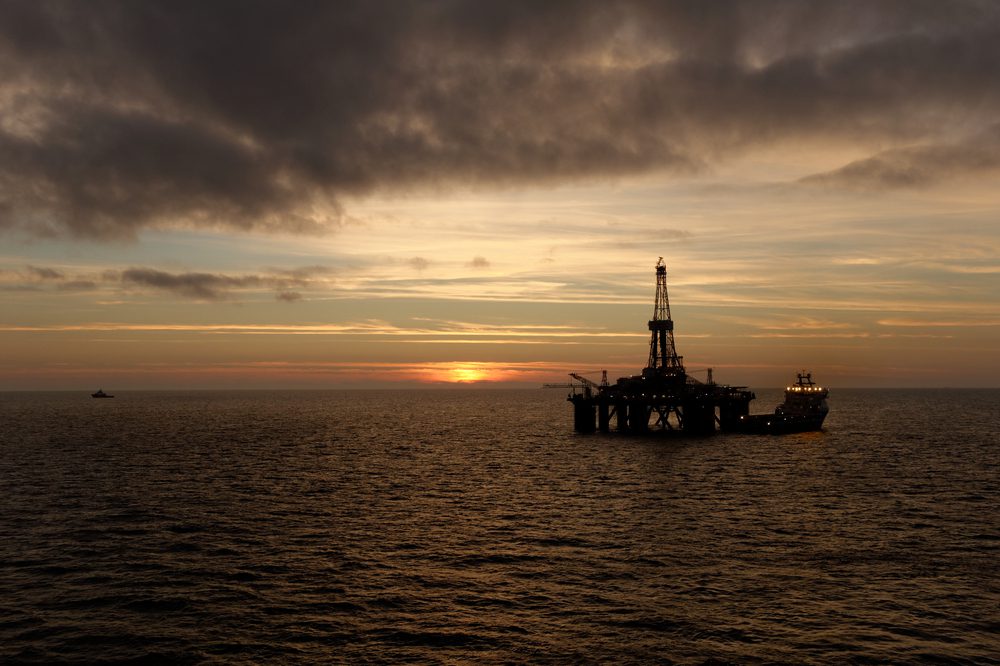Image: Emerov Sergey/OAO Sovcomflot
The International Chamber of Shipping (ICS), which represents over 80% of the world merchant fleet, has issued a new position paper on Arctic shipping. As the Arctic becomes more accessible, ICS has set out some key principles with regard to the future governance of Arctic waters.
Offshore support vessel activity is already significant, while destination shipping is anticipated to grow as the extraction of energy and raw materials is developed. Use of the Northern Sea Route is also a reality for a small but increasing number of ships in the summer months.
ICS therefore stresses the importance of Arctic nations respecting the United Nations Convention on the Law of the Sea (UNCLOS) and relevant IMO Conventions and Codes such as SOLAS and MARPOL.
ICS Director of External Relations, Simon Bennett explained: “As the volume of Arctic shipping gradually increases, there is a growing awareness about the need for a high degree of care when ships navigate Arctic waters. However, the proper forum for addressing these concerns is the International Maritime Organization, which is currently developing a Polar Code that is expected to be mandatory. It is most important that Arctic nations avoid unilateral measures that might cut across IMO Conventions or the provisions of UNCLOS.”
ICS stresses that individual coastal states should not impose discriminatory treatment that might prejudice the rights of ships registered with non-Arctic nations under international maritime law, such as unilateral ship construction, design and equipment standards.
ICS also identifies some issues that require clarification as Arctic waters become more accessible. For example, ICS believes that the UNCLOS regime of ‘transit passage’ for straits used for international navigation takes precedence over the rights of coastal states to enact unilateral measures against international shipping.
“Until recently this issue seemed rather academic, as did the question of nations using straight baselines to determine their territorial sea. But as remote Arctic sea routes become accessible these issues are becoming more important.” said Mr Bennett.
Amongst the intended audience for the ICS paper are high level policy makers in environment and foreign ministries who may not be regularly engaged in shipping issues.
However, the paper also outlines ICS’s approach towards the development of the IMO Polar Code, which is expected to be finalised next year.
“The development of the Polar Code needs to be risk and performance-based,” said Mr Bennett. “For example, pending the future development of unified requirements for the construction and operation of ‘ice-class’ ships, the Code should not arbitrarily require conformity with any particular ‘ice-class’ standards to the exclusion of others that deliver comparable performance.”
The paper also sets out ICS’s position with respect to the development of infrastructure to support safety and environmental protection, the need for full market access and freedom of navigation, transparency with respect to national regulation and the need for reduced bureaucracy and the setting of appropriate fees for services.
“If frequent and reliable international shipping services are to be provided between Arctic ports and the rest of the world, or natural resources in the region are to be developed in a manner that reconciles the need for both environmental and economic sustainably, this will require the provision of maritime services that are competitive and cost efficient,” said Mr Bennett.

 Join The Club
Join The Club











